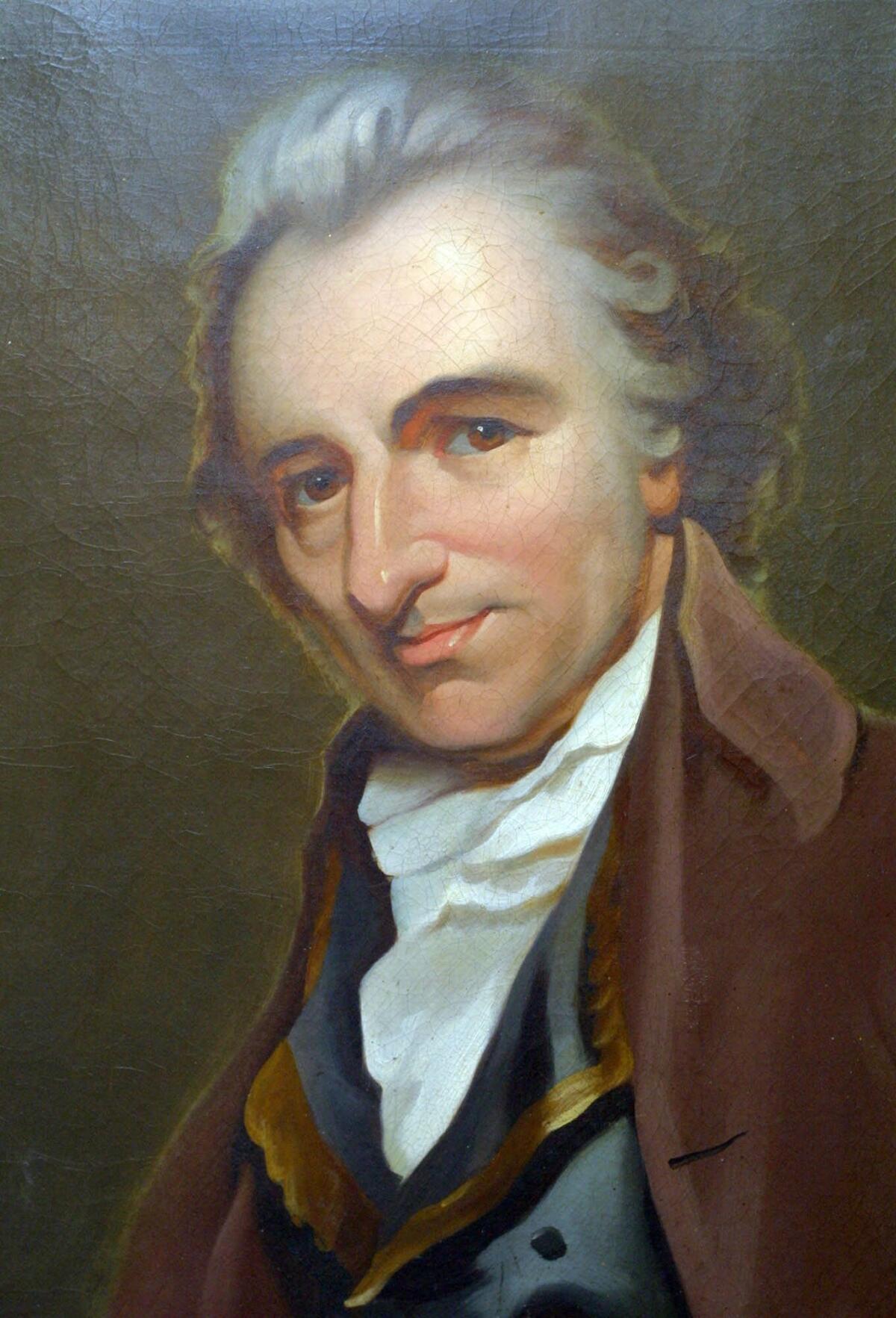Some alternate Americas for the Fourth of July

- Share via
What makes the best alternate histories effective is how plausible they are. Just look at Philip K. Dick’s 1962 masterpiece “The Man in the High Castle,” with its vision of America divided after having lost World War II to Germany and Japan. Or Norman Spinrad’s “Russian Spring” (1991), in which a know-nothing politician becomes president on a platform of jingoism and foreign intervention (sound familiar?) when an anti-American mob in Paris riots at the U.S. Embassy.
The key, Philip Roth once suggested of his own “The Plot Against America” — which posits the slow drift of a particularly nativist fascism after Charles Lindbergh wins the 1940 presidential election — is to keep the focus realistic.
“I told myself,” Roth explained, “the simplest thing to do — and perhaps the best thing to do — was to change just one thing: that is, the result of the 1940 election. Have Lindbergh run and win. But leave everything else in place.”
As a result, his imagined America, much like Dick’s or Spinrad’s, is one we recognize despite (or even because of) the differences, a place where the World Series is still played and certain constitutional safeguards, albeit diluted, remain.
I think about all this because the Fourth of July is, in many ways, a celebration of the greatest act of alternate history ever imagined: the invention of a nation from whole cloth. Sure, there were precedents — the Magna Carta, the philosophy of John Locke — but America was a speculator’s gamble, a narrative the world had not considered before.
It’s telling, I believe, that this narrative begins with a book: Thomas Paine’s “Common Sense,” the most important piece of writing ever published in this country because it is the one from which the country evolves.
And it is telling too — and essential — that such an evolution grew, as evolution always does, out of a process, in which developments that we now regard as inevitable were very much up in the air.
Years ago, I read the Library of America’s terrific “The Debate on the Constitution,” a two-volume set edited by historian Bernard Bailyn that tells the story of ratification in something akin to real time. Bailyn gathers more than 2,000 pages of primary documents: letters, speeches and articles written from September 1787 to August 1788, including the essays that make up “The Federalist Papers.” All of it is arranged in context, framed as part of a public back and forth.
This is what writing has to offer, a mechanism for peeling back the surface and seeing the interplay, the tensions, underneath. As “The Debate on the Constitution” illustrates, ratification was a critical turning point for the U.S., which makes Bailyn’s collection function like a snapshot, or a series of snapshots — reminding us that history is a living, breathing thing.
The same is true of speculative fiction, which envisions what might happen if such moments tilted differently, leaving us in a distinct, if not unidentifiable, world.
“We slept in what had once been a gymnasium,” Margaret Atwood writes in the opening paragraph of “The Handmaid’s Tale,” a novel of America turned theocractic dictatorship that, in the wake of the Supreme Court’s Hobby Lobby decision this week, appears increasingly prescient every day.
“Dances would have been held there,” she continues; “the music lingered, a palimpsest of unheard sound, style upon style, an undercurrent of drums, a forlorn wail, garlands made of tissue-paper flowers, cardboard devils, a revolving ball of mirrors, powdering the dancers with a snow of light.”
What makes that passage so vivid is not just its imagery and language, but also what it represents. Our identity, it insists, our nationhood, is far from static, which means we end up with the country we dream (or nightmare) into being.
Twitter: @davidulin
More to Read
Sign up for our Book Club newsletter
Get the latest news, events and more from the Los Angeles Times Book Club, and help us get L.A. reading and talking.
You may occasionally receive promotional content from the Los Angeles Times.







